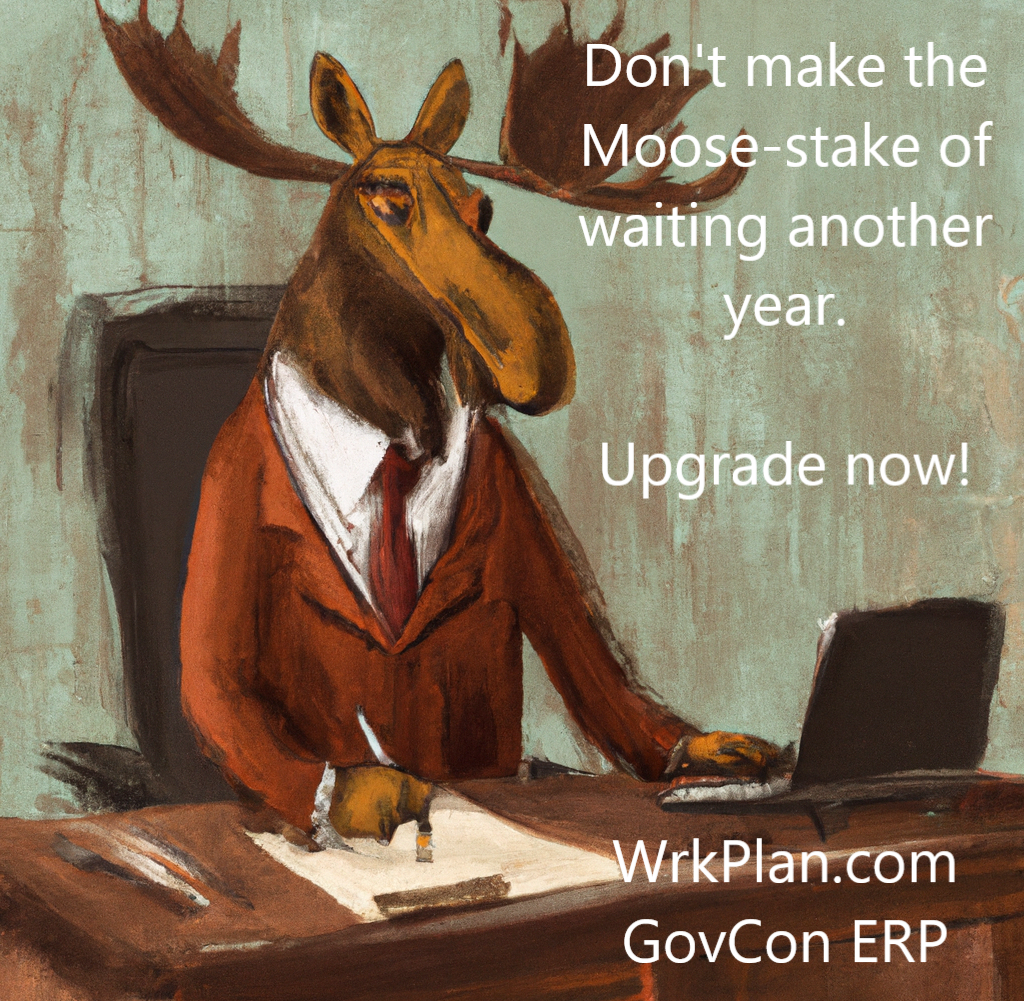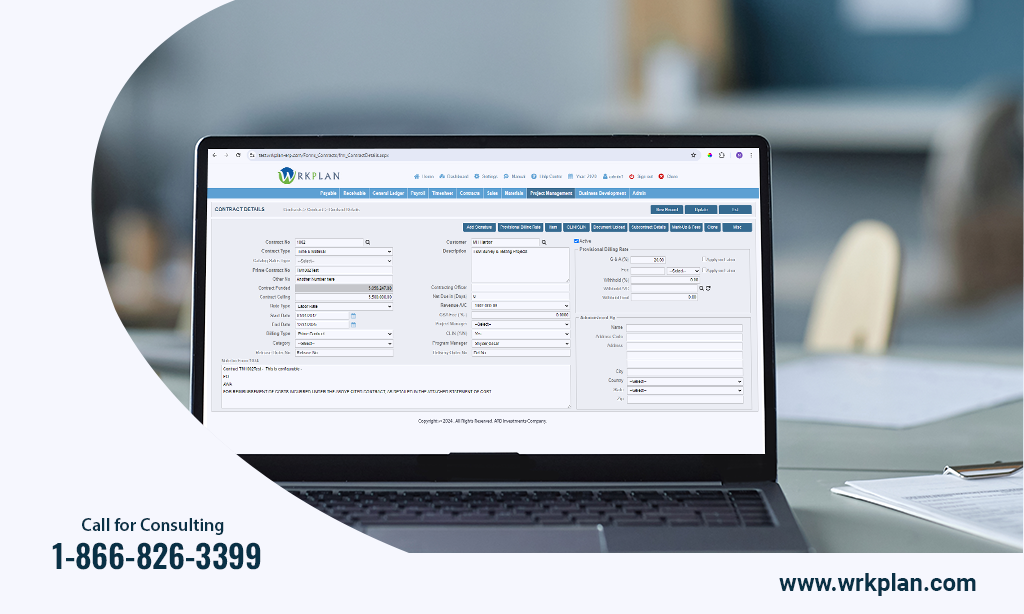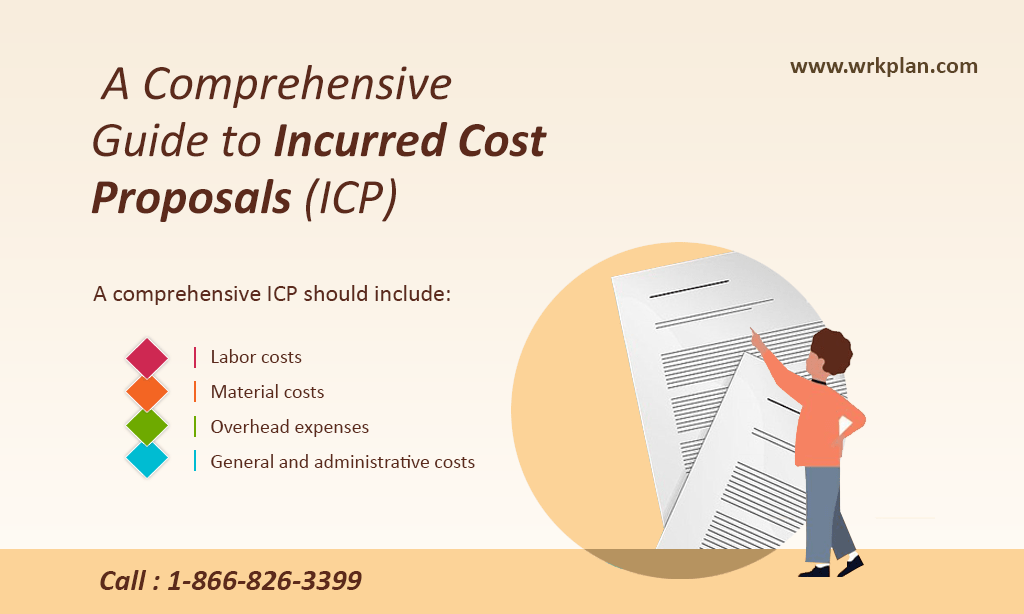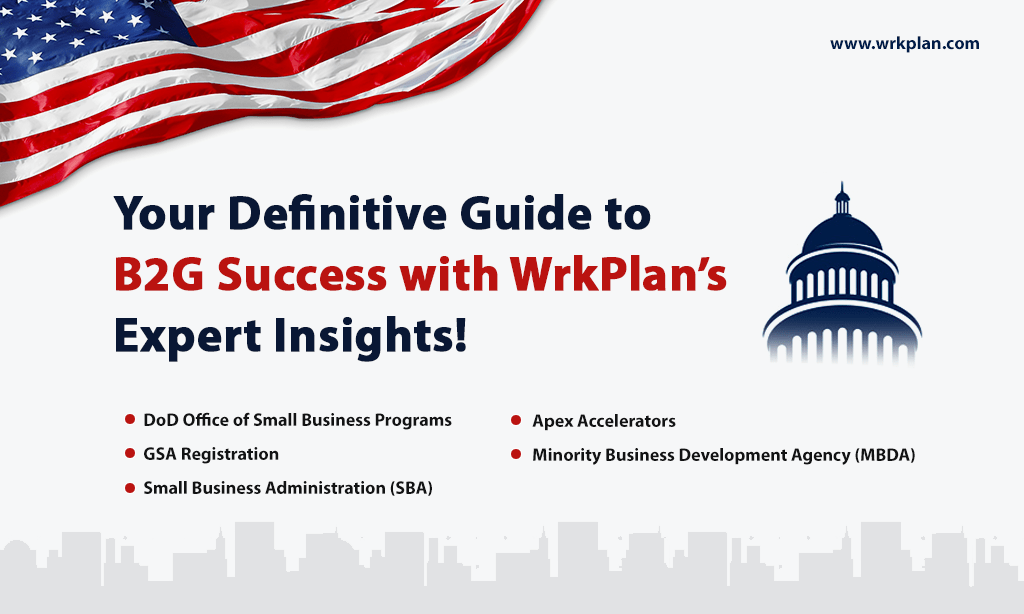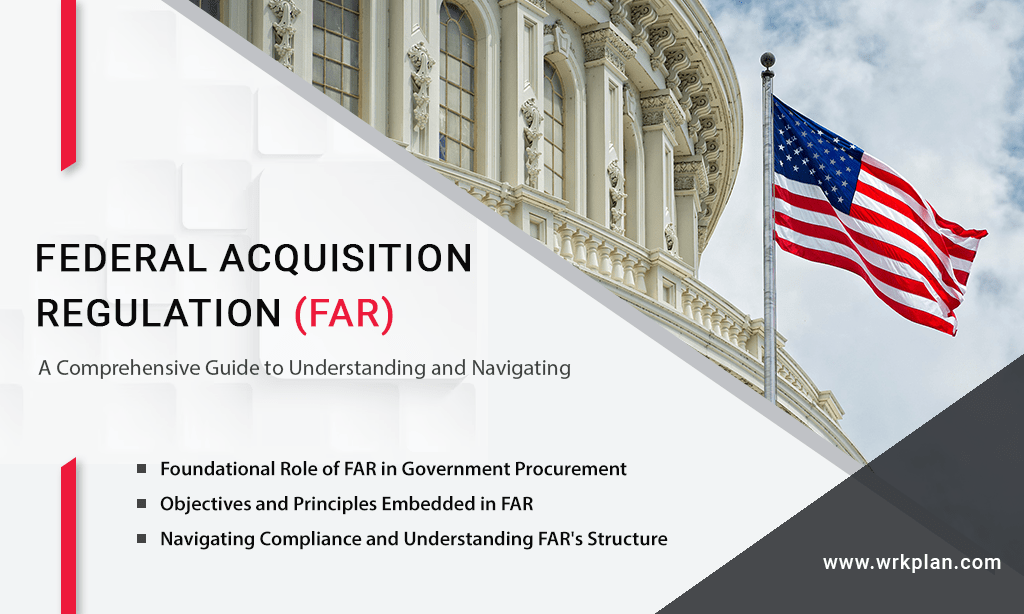Developing a strong value proposition is essential for any business looking to win government contracts. A value proposition is a statement that outlines the unique benefits and advantages that your business offers over your competitors. In the government contracting space, a strong value proposition can mean the difference between winning and losing a contract. In this article, we’ll discuss some key steps to developing a strong value proposition for government contracts.
Understand the Government’s Needs and Priorities To develop a strong value proposition for government contracts, you need to understand the government’s needs and priorities. This means researching the government agencies that could potentially use your products or services and understanding their goals, challenges, and budget constraints. You should also familiarize yourself with the government’s procurement policies and regulations, such as the Federal Acquisition Regulation (FAR), to ensure that your value proposition is compliant with these guidelines.
Identify Your Unique Value Proposition Once you understand the government’s needs and priorities, you need to identify your unique value proposition. This means determining the specific benefits and advantages that your business offers over your competitors. To do this, consider the following questions:
- What makes your business different from your competitors?
- What specific benefits does your product or service offer?
- How does your business help the government achieve their goals and priorities?
- How can your business help the government save money, increase efficiency, or improve outcomes?
Craft a Compelling Value Proposition Statement Once you’ve identified your unique value proposition, you need to craft a compelling value proposition statement. This statement should clearly and concisely communicate the unique benefits and advantages that your business offers. Your value proposition statement should be tailored to the specific needs and priorities of the government agency you’re targeting.
For example, if you’re targeting the Department of Defense, your value proposition statement might highlight your business’s experience working with military organizations, your expertise in cybersecurity, or your ability to provide innovative solutions to complex challenges.
Your value proposition statement should also be supported by evidence, such as case studies, testimonials, or data, that demonstrate your business’s ability to deliver results.
Communicate Your Value Proposition Effectively Once you’ve developed a strong value proposition statement, you need to communicate it effectively to government decision-makers. This means tailoring your messaging to the specific needs and priorities of the agency you’re targeting and using language that resonates with government officials.
You should also use a variety of communication channels to reach government decision-makers, such as email, social media, and in-person meetings. Building relationships with government officials can also help you communicate your value proposition effectively and increase your chances of winning government contracts.
In conclusion, developing a strong value proposition is essential for small businesses looking to win government contracts. By understanding the government’s needs and priorities, identifying your unique value proposition, crafting a compelling value proposition statement, and communicating your value proposition effectively, you can increase your chances of success in the government contracting space.



